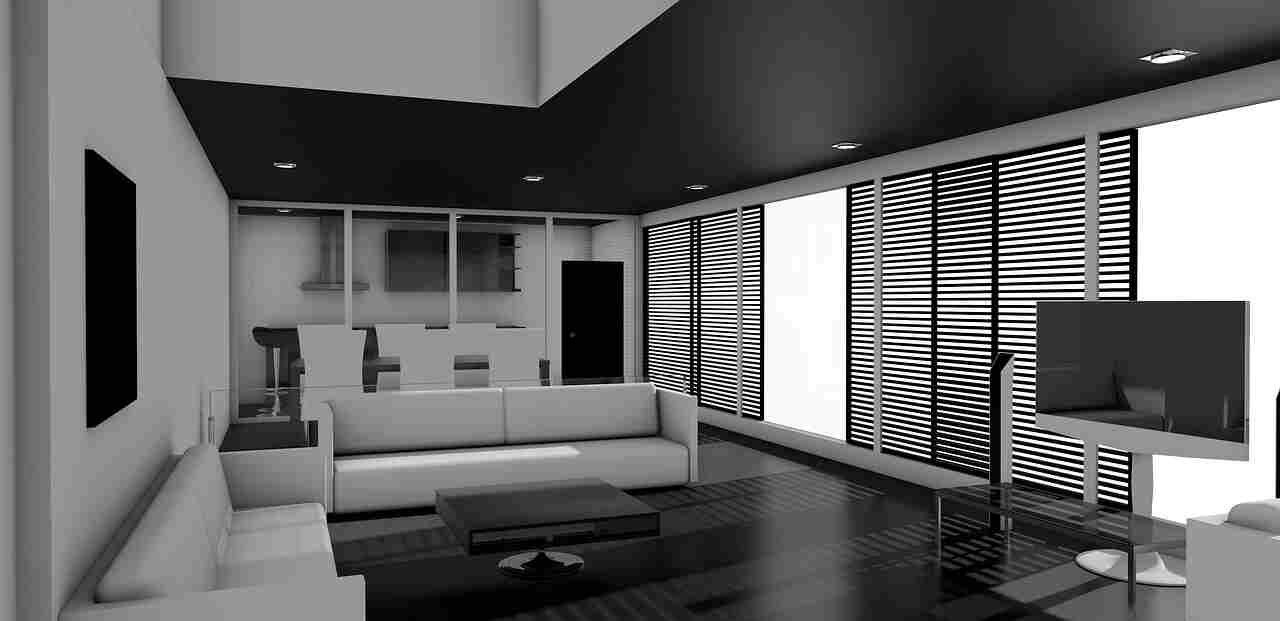Pros and Cons of Renting vs Buying a Home: Which is Right for You?

The Pros and Cons of Renting vs Buying a Home: Which is Right for You?
When it comes to finding a place to call home, one of the biggest decisions you’ll face is whether to rent or buy. Both options have their advantages and disadvantages, and the choice you make will depend on your financial situation, lifestyle, and personal preferences. In this article, we will explore the pros and cons of renting vs buying a home and provide some examples to help you decide which option is right for you.
Pros of Renting a Home
Flexibility: Renting a home provides you with the flexibility to move more easily. If you need to relocate for a new job or other reasons, you can simply end your lease and move out. This can be particularly appealing for young professionals or those who prefer a more mobile lifestyle.
Lower Upfront Costs: Renting a home typically requires lower upfront costs than buying a home. You may only need to pay a security deposit and the first month’s rent, whereas buying a home requires a down payment, closing costs, and other expenses.
Less Responsibility: When you rent a home, the landlord is responsible for maintenance and repairs. This can save you time and money, as you won’t have to worry about fixing things yourself or paying for costly repairs.
Cons of Renting a Home
No Equity: When you rent a home, you’re essentially paying someone else’s mortgage. You won’t build equity in the property, and you won’t be able to benefit from any appreciation in the property’s value.
Limited Control: When you rent a home, you may be limited in your ability to make changes to the property. You’ll need to get permission from the landlord for any significant renovations or upgrades, and you may not be able to make the changes you want.
Rent Increases: When you rent a home, you’re at the mercy of the landlord when it comes to rent increases. While many landlords are reasonable with their rent increases, some may raise the rent significantly, making it more difficult for you to afford the home.
Pros of Buying a Home
Equity: When you buy a home, you’re building equity in the property. As you pay down your mortgage, you’ll own more and more of the home, and you’ll be able to benefit from any appreciation in the property’s value.
Control: When you buy a home, you have more control over the property. You can make changes and upgrades as you see fit, without having to get permission from a landlord.
Stability: When you buy a home, you have more stability than when you rent. You don’t have to worry about rent increases or the landlord deciding not to renew your lease. You also have the security of knowing that you own the property and can stay there as long as you want.
Cons of Buying a Home
Higher Upfront Costs: Buying a home typically requires a significant upfront investment, including a down payment, closing costs, and other expenses. This can make it more difficult for some people to afford a home.
Maintenance and Repairs: When you own a home, you’re responsible for maintenance and repairs. This can be costly and time-consuming, and you may need to hire professionals to handle some of the work.
Less Flexibility: When you own a home, it can be more difficult to move. You’ll need to sell the home or rent it out if you want to move, which can take time and may not be possible in all situations.
http://cielrealty.com/renting-guides-tips-and-examples-to-navigate-the-rental-process/
Calculation examples: Pros and cons of renting vs buying a Home
Here are some examples of the pros and cons of renting versus buying a home, using some hypothetical numbers:
Assumptions:
Rent = $1,500/month
Home price = $300,000
Down payment = 20% ($60,000)
Mortgage rate = 3.5%
Property tax rate = 1%
Homeowner’s insurance = $1,000/year
Home appreciation rate = 3%
Pros of Renting:
Flexibility to move easily if needed
No responsibility for maintenance or repairs
No need to make a large down payment or pay for closing costs
Fixed monthly rent payments, which can be easier to budget for
Cons of Renting:
No potential for building equity or appreciation in value
Rent payments are not tax-deductible
Rent may increase over time, making it harder to budget for housing costs long-term
Pros of Buying:
Opportunity to build equity and benefit from appreciation in value
Tax deductions for mortgage interest payments and property taxes
More control over the property and the ability to make improvements
Potentially lower housing costs over time as mortgage payments remain fixed while rents increase
Cons of Buying:
Large upfront costs, including down payment, closing costs, and other fees
Responsibility for maintenance and repairs, which can be costly
Limited flexibility to move without selling the property or renting it out
Risk of potential loss of value in the property if the housing market declines
Let’s take a look at a comparison of the costs of renting versus buying over a five-year period:
Renting:
Total rent payments over five years = $90,000
Buying:
Mortgage payment (principal and interest) = $1,078/month
Property taxes = $250/month
Homeowner’s insurance = $83/month
Total monthly cost = $1,411
Total payments over five years = $84,660
Assuming the home appreciates at a rate of 3% per year, its value would be $351,067 after five years. The homeowner’s equity in the property would be $108,407, assuming they paid off 5% of the principal each year.
As you can see, buying a home can potentially result in building equity and benefiting from appreciation in value, but it requires a large upfront investment and comes with the responsibility of maintaining and repairing the property. Renting may be a better option for those who prioritize flexibility and simplicity in their housing situation, but it does not provide the potential for long-term financial gain that homeownership can offer.
Conclusion
In conclusion, weighing the pros and cons of renting versus buying a home will help you determine which option aligns best with your unique circumstances and long-term goals.
Renting:
Pros:
1. Flexibility: Renting offers the freedom to move without the burden of selling a property.
2. Lower upfront costs: Renters typically have lower initial expenses compared to homebuyers.
3. Maintenance responsibility: Landlords are usually responsible for property repairs and maintenance.
4. Short-term commitment: Renting is ideal for those who prefer a more temporary living arrangement.
Cons:
1. No equity building: Rent payments don’t contribute to building equity or ownership in the property.
2. Limited personalization: Renters may have restrictions on making changes to the property.
3. Rental increases: Landlords can increase rent, potentially making it less affordable over time.
4. No tax benefits: Renters miss out on potential tax deductions available to homeowners.
Buying:
Pros:
1. Equity and wealth building: Homeownership allows you to build equity as you pay off the mortgage.
2. Personalization: Homeowners have the freedom to customize their property to their liking.
3. Stability: Owning a home provides a sense of stability and community connection.
4. Potential investment: Property value appreciation can lead to a profitable investment.
Cons:
1. Higher upfront costs: Buying a home requires a significant down payment and closing costs.
2. Long-term commitment: Homeownership is more suitable for those looking for a stable, long-term residence.
3. Maintenance responsibility: Homeowners are responsible for property upkeep and repairs.
4. Market risks: Property values can fluctuate, affecting the potential resale value.
Which option is right for you depends on your financial situation, lifestyle preferences, and long-term goals. Renting may be suitable for those seeking flexibility and lower initial costs, while buying appeals to those looking to invest in their future and establish roots in a community. Consider your priorities and consult with a financial advisor before making a decision.
Sources: PinterPandai, Investopedia, Moneygeek
Photo credit: PIRO4D via Pixabay





